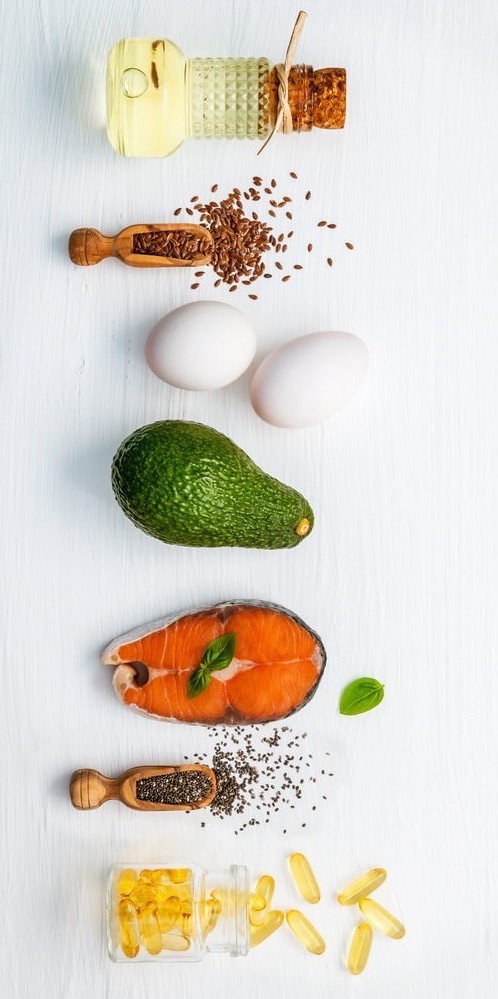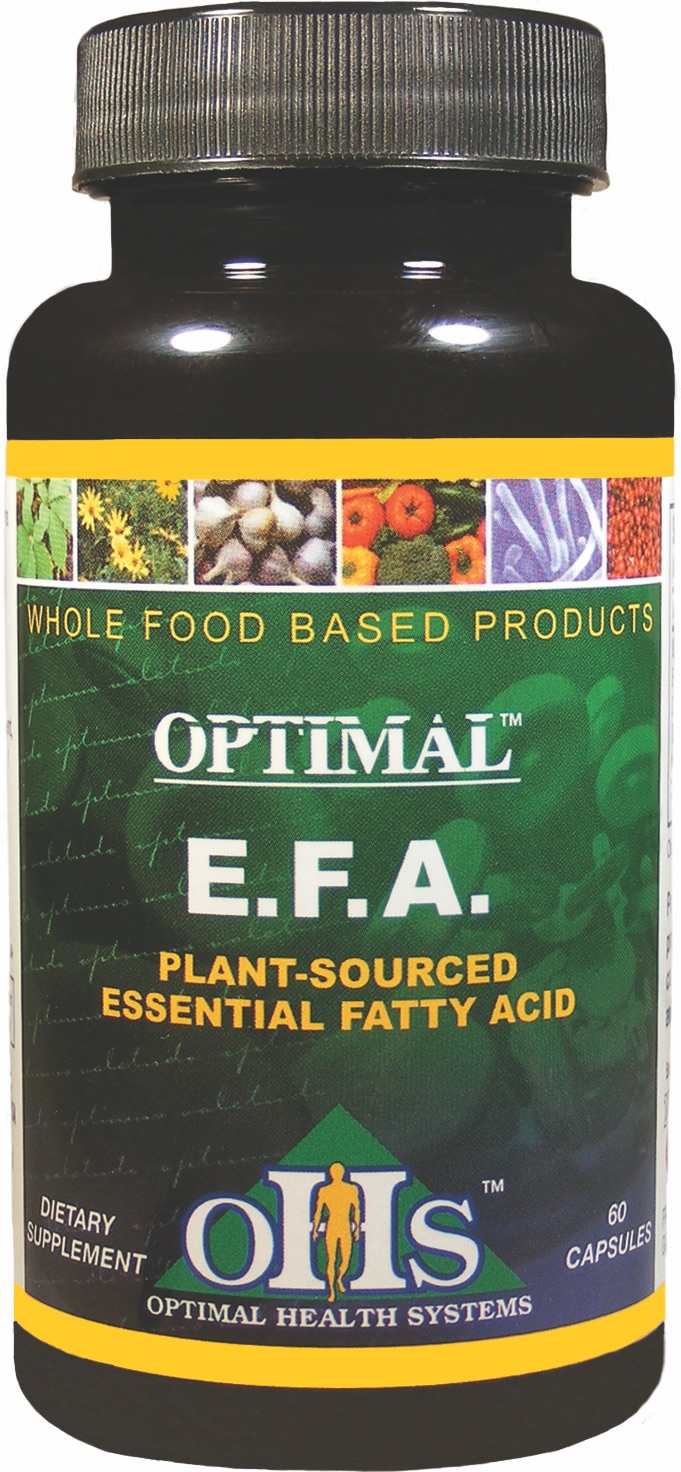Dr. Tori Hudson, N.D. stated, “Estimates have been given that approximately 80% of Americans consume a diet deficient in essential fatty acids. Essential fatty acids play an important role in producing hormones, cell membrane function, regulating pain, inflammation and swelling, dilating or constricting blood vessels, mediating our immune response, regulating smooth muscle responses, preventing blood clots, regulating blood pressure and nerve transmission, regulating cholesterol levels, and much, much more. Deficiencies of essential fatty acids can lead to many health problems for men and women and some that are particular to women.”
The reason? ALL hormones are made from essential fatty acids (EFAs). The catch: the human body doesn’t produce its own EFAs, meaning you have to get them from what you eat.
Signs of an EFA Deficiency for Women
PMS is actually a sign you need more EFAs in your diet. All that pain and discomfort you experience once a month isn’t the way life just is. It’s your body telling you it needs something, specifically EFAs.
Those food cravings are another sign. Your body is trying to get you to take in the missing nutrients, but women typically (and perhaps unwittingly) splurge on refined carbs, like milk chocolate or ice cream, which only exacerbate the problem. Excessive and incorrect prostaglandin (PG) synthesis has been implicated in the pathogenesis of PMS, and a deficiency of PGE1 at the central nervous system has been proposed to be involved in PMS.
The best medicinal foods for menstrual cramps are fatty fish, flaxseeds, pumpkin seeds, algae, and borage oils.

Adequate intake can be very effective in the prevention and treatment of menstrual cramps, along with unhealthy carb cravings.
EFAs also play a role in mood. That hormonal roller coaster is yet another sign, another way your body is telling you it needs nutritional help. In several studies, evening primrose oil, high in GLA, has reduced symptoms of premenstrual syndrome (PMS), including depression and irritability. Researchers believe that a deficiency of GLA causes an abnormal sensitivity to the hormone prolactin, which leads to symptoms of PMS. There are also reports that GLA may be an effective treatment for fibrocystic breasts.
Signs of an EFA Deficiency for Men
For men, it’s a bit different. EFAs play a critical role in avoiding developing diabetes, promoting heart and brain health, and overall cardiovascular health.
Optimal EFA
We get our EFAs from algae, flaxseed and borage oils, highly potent forms of essential fatty acids, which makes this formula mercury-free. You actually get more omega-3s from algae than you do from fish or krill. The latter two eat algae, which is how they get their omega-3s in the first place. But we don’t stop there with quality.
Omega-3 and Omega-6 fatty acids are very sensitive; light, heat, and oxygen can destroy them. The main problem with most EFA products on the market today is the inability of keeping them fresh because of their exposure to oxygen. Oxygen easily permeates traditional capsules and, EFAs as liquids in bottles, are exposed to oxygen every time the lid comes off.
OHS has teamed with one of the leading capsule manufacturers to encapsulate a complete blend of EFAs in a capsule utilizing a patented sealing process which virtually eliminates the end product’s exposure to oxygen.
Optimal E.F.A. is a unique blend of stabilized oils from plant sources only, making this a choice essential fatty acid source for vegetarians and for those who want to avoid any level of PCBs and other toxins that are found in supplements made from fish oils.
Optimal E.F.A. contains both omega-3 (45%) and Omega-6 (55%) essential fatty acids. One capsule contains:
- 100 mg of Alpha-linolenic Acid (ALA) – an Omega-3 fatty acid
- 150 mg of Docosahexaenoic Acid (DHA) – an Omega-3 fatty acid
- 300 mg of Gamma-linolenic Acid (GLA) – a healthy Omega-6 fatty acid
This stabilized fatty acid blend breaks down into the following:
- Alpha-linolenic Acid (ALA) – Flaxseed oil, the richest source of LNA
- Docosahexaenoic Acid (DHA) – Algae, the only vegetable-based DHA source
- Gamma-linolenic Acid (GLA) – Borage oil, the richest source of GLA
Dosing
Take 1 capsule two times daily with meals, or as directed by a health professional.
REFERENCES
http://drtorihudson.com/articles/essential-fatty-acids-and-womens-health-part-1/

